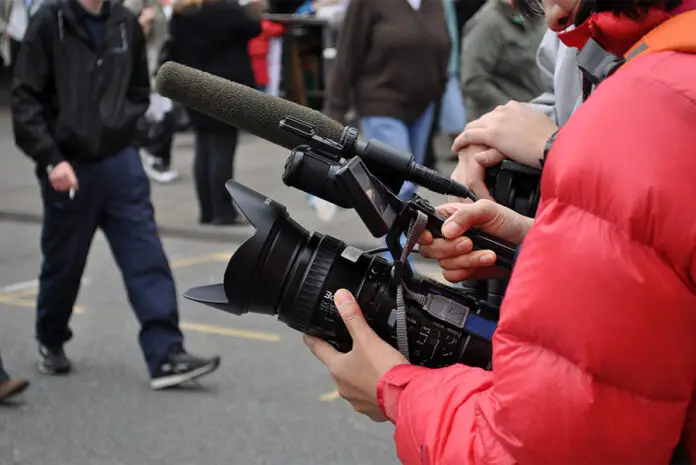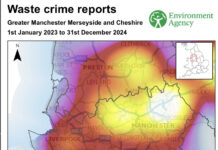The risk of a “two tier” media environment in the UK is growing. The economics of mass market journalism are worsening, trust is low, and a growing number of people actively avoid mainstream reporting.
News enthusiasts will remain well served. But a growing proportion of society will have limited engagement with professionally produced news, and the gap is widening.
These trends are being exacerbated by the impact of generative AI tools, which can create engaging news summaries and provide tech firms with unprecedented influence over the type of news we see.
A changing news landscape should not be conflated with its imminent demise, and some media firms will do well in this emerging world. But many will not. These dynamics compound the spiral of decline for areas that are already struggling.
These stark findings come in a new report ‘The Future of News’ published today by the House of Lords Communications and Digital Committee. The report warns that a failure to tackle these issues could be “irreversible”, and finds:
“There is a realistic possibility of the UK’s news environment fracturing irreparably along social, regional and economic lines within the next 5–10 years. The implications for our society and democracy would be grim.”
Commenting on the report, Baroness Stowell, Chair of the Committee, said:
“The future of news matters. Accurate and well-informed news creates the shared understanding of facts which is so important to our democratic system.
“It’s important not to be too doom and gloom about the future. The news industry has survived many changes and technological developments. And the UK is not the US. We still have a healthy press sector, regulated broadcasters and an excellent range of online outlets offering more choice than ever before. But we need to be clear about the risks and realistic about the direction of travel.
“Some traditional media outlets must work harder to keep up with the priorities and reflect the perspectives of large sections of their audience. People are voting with their feet and going elsewhere. Because of their “anchor” role in the media, public service broadcasters, and the BBC in particular, need to reflect on this and focus on meeting audiences’ needs and expectations. They should not be tempted to explain away the challenges by focusing only on external forces. Their own choices and approaches to reporting matter. And we all lose out when we don’t understand how the world appears to each other.
“There is a danger of a two tier news environment developing, where news enthusiasts will have access to excellent content, while a growing proportion of people rely on whatever they can pick up on social media, or switch off altogether. We are especially concerned by news deserts, where local newspapers have folded and people are left without any real scrutiny of local politicians and public bodies.
“More widely, I worry that the general narrative about the future of news is one of managed decline. That needs to change. We need decisive action from the Government, and soon, to put the right legal and competition framework in place. This is key to ensuring that the news industry can adapt and thrive. A good outcome is possible – it will just look different to what we’ve had in the past. And while we can’t predict the future, one thing is very clear: if we fail to adapt quickly, the consequences will be grim.”







